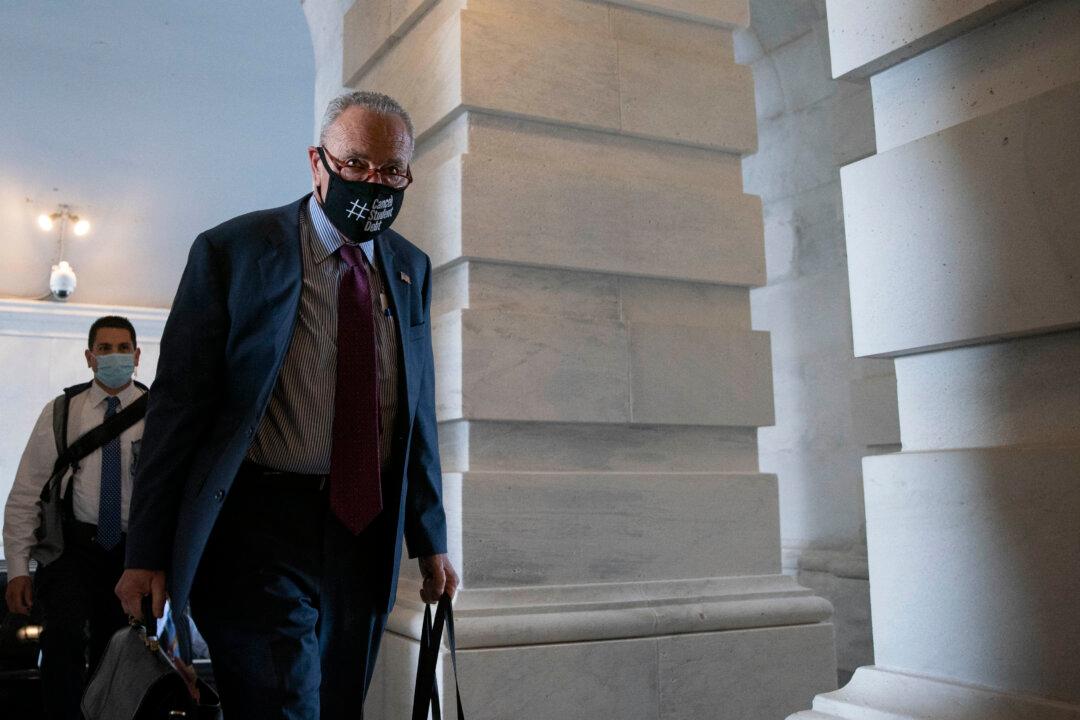News Analysis
During the confirmation hearings of Amy Coney Barrett, Republicans used their slim majority to expedite Barrett’s approval through a parliamentary procedure colloquially known as the ‘nuclear option.’ This procedure allows the Senate to override a standing rule, like the rule requiring a two-thirds majority to end a filibuster, by a simple majority. Last October, Republicans used this pathway to achieve Barrett’s confirmation with a simple majority.





